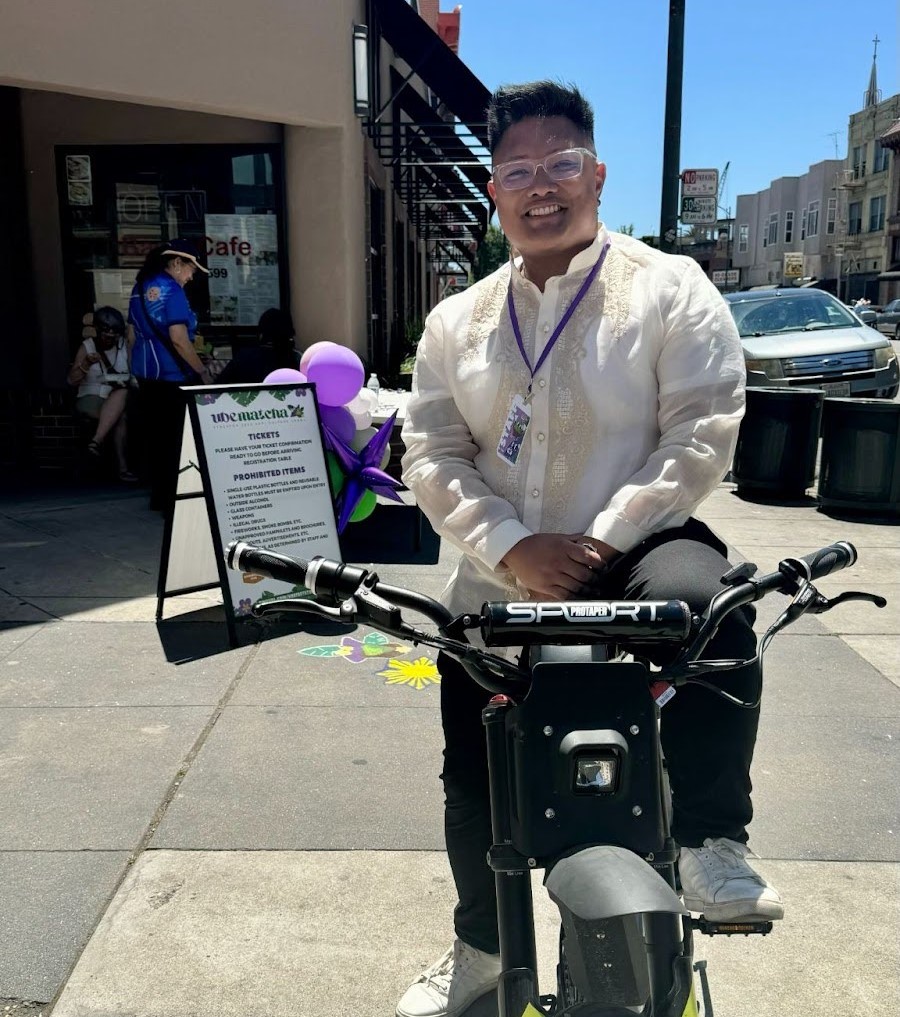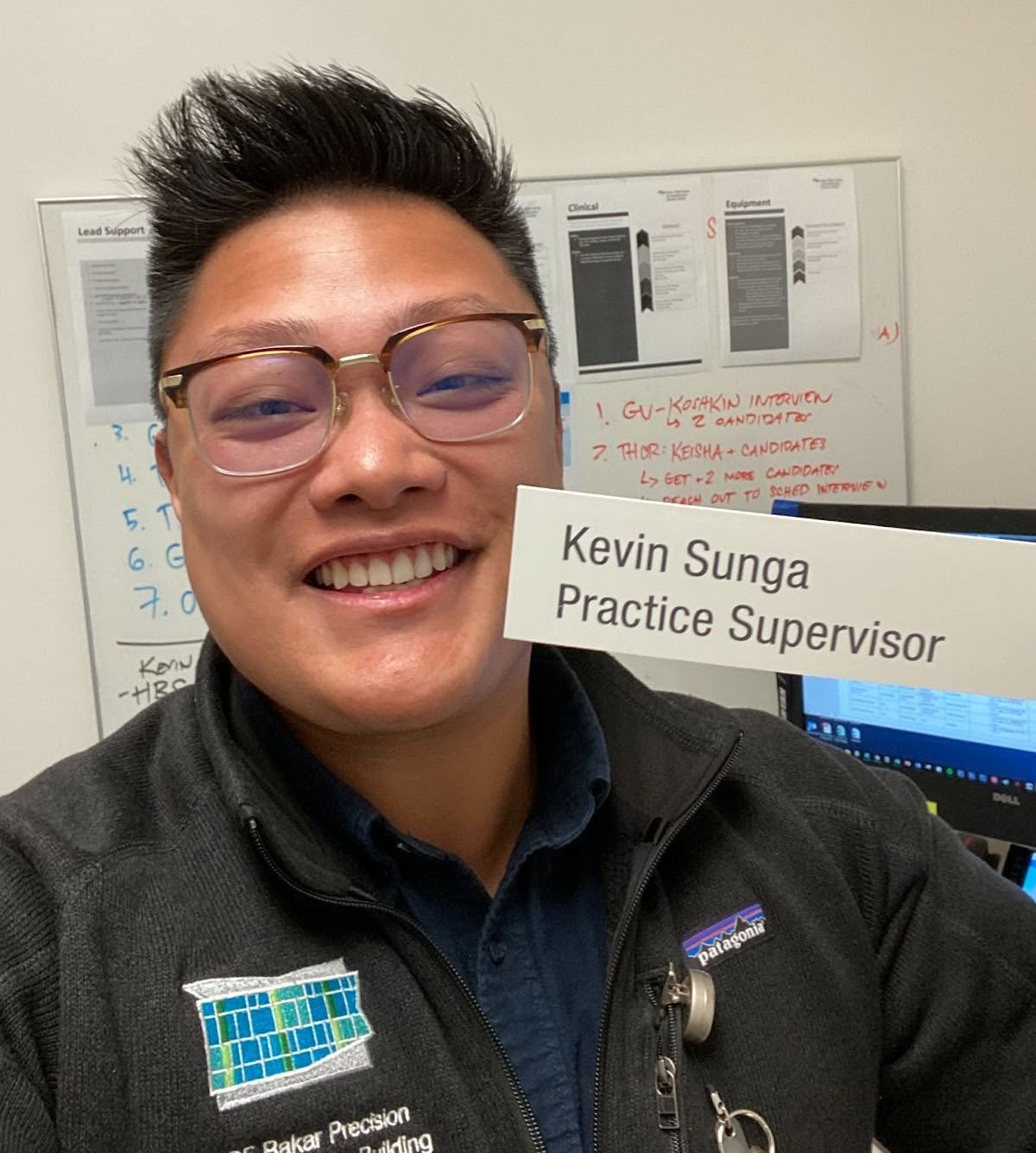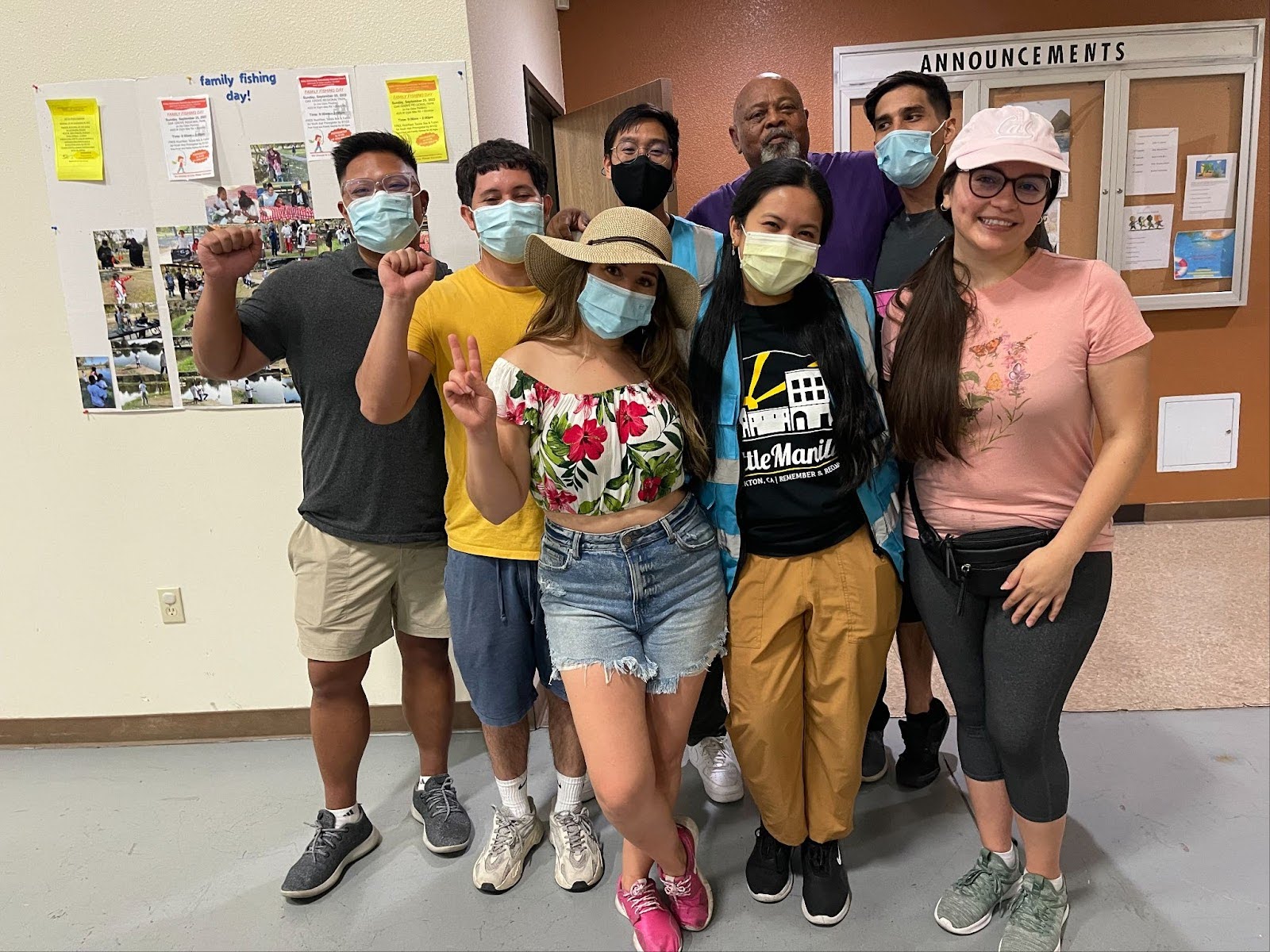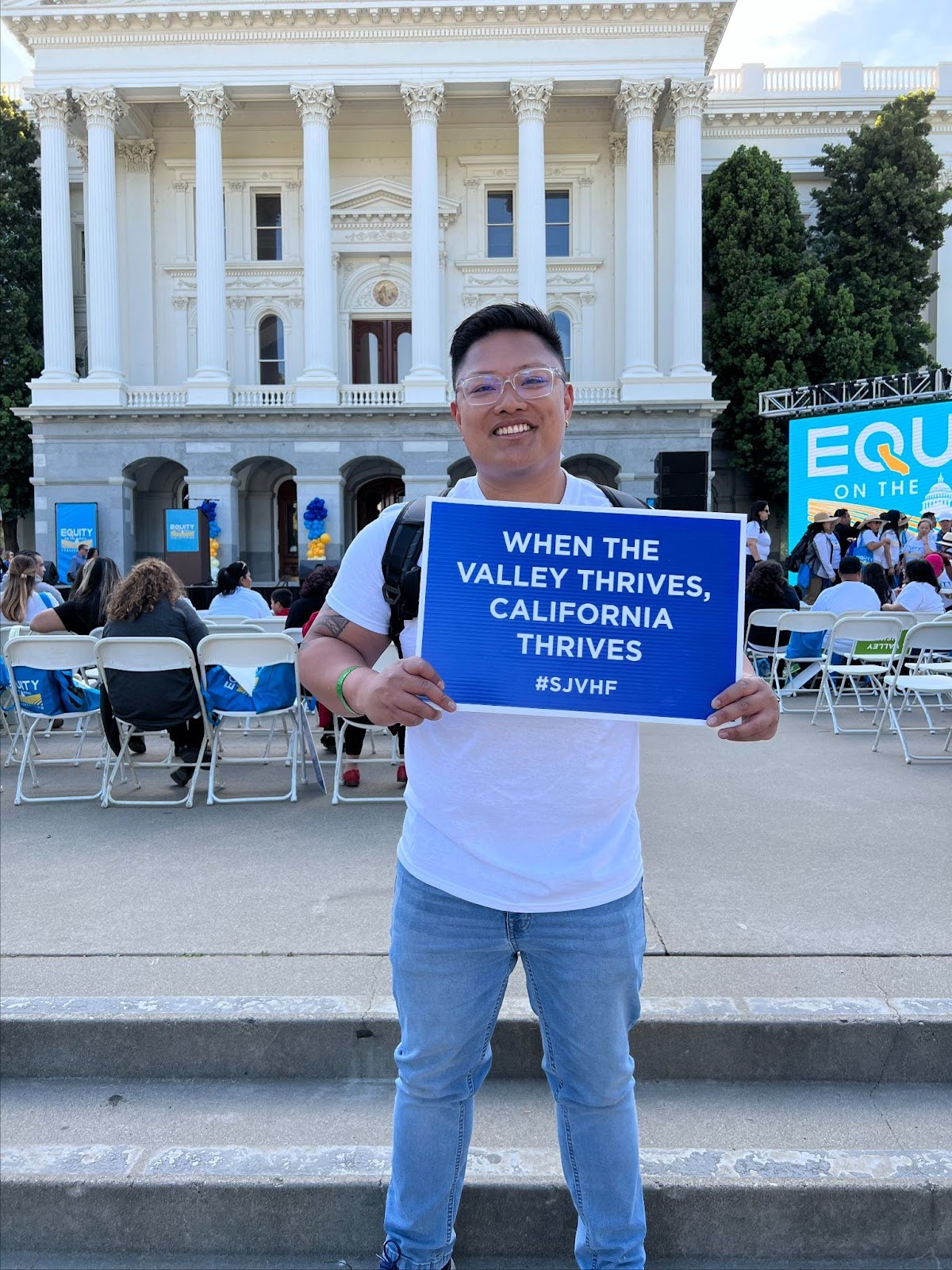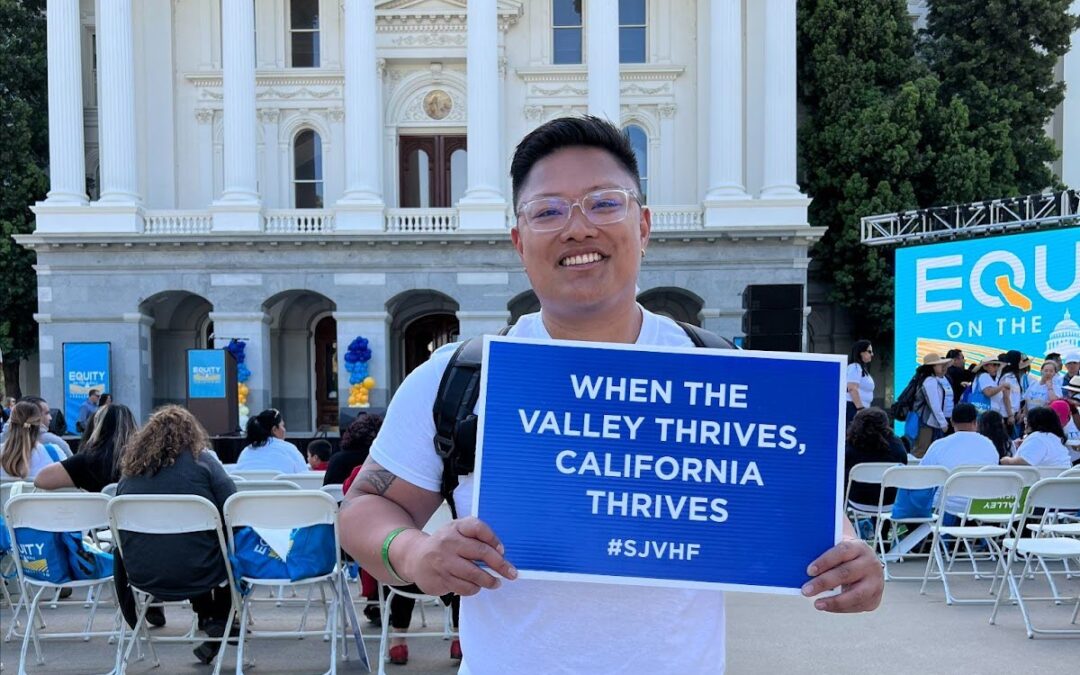The Decision to Join TTEF
My transition into executive leadership brought new challenges—imposter syndrome, the pressure of high-level decision-making, and the need to navigate complex relationships with funders, policymakers, and community partners. These challenges prompted me to seek out professional development opportunities that would sharpen my leadership skills. Having previously engaged with the Public Health Institute (PHI) through the Together Towards Health initiative, I was familiar with their commitment to equity-driven work. I was honored to be invited to the first TTEF cohort, but I chose instead to recommend two of my former team members, who went on to become Program Directors. When I received a second invitation, I knew it was time to invest in myself.
Finding My Focus: Self-Leadership as a Guiding Principle
My brain operates on five different tracks at once—a superpower in many ways, but a challenge when it comes to decision-making. Initially, I struggled to pinpoint a specific project to focus on during the fellowship. Our organization operates like a fiscal sponsor, housing eight semi-autonomous programs across health, environment, community development, and youth leadership. With so many potential directions, I turned to root cause analysis, a technique I had learned at UCSF, to identify the core challenges I needed to address.
What emerged was a realization that my fellowship journey wasn’t just about a project—it was about refining my leadership approach. I needed to confront my imposter syndrome, cultivate mindfulness in high-pressure situations, and learn to contribute effectively within a collective leadership model. Through coaching and self-reflection, I discovered that self-leadership—the ability to regulate emotions, build self-awareness, and stay aligned with my values—was the key to unlocking my potential.
Workforce Sustainability: A Pragmatic Yet Transformative Project
While I initially considered focusing on our organization’s ambitious community development projects, I ultimately pivoted toward a less flashy but deeply important issue: workforce sustainability in the nonprofit sector. Too often, nonprofit work is undervalued and seen as charity rather than a viable career path. I wanted to challenge this narrative by advocating for systemic changes that support nonprofit professionals—implementing salary structures that include raises, expanding benefits that support life goals, creating mentorship and coaching opportunities, and integrating structured performance reviews.
This project aligns with the principles of Social Determinants of Health (SDOH), ensuring that those who serve our communities also have economic stability, healthcare access, and professional development opportunities. Investing in our workforce is not just about retention; it’s about reducing burnout and sustaining the momentum of movement-building and ensuring that nonprofit careers are seen as competitive, impactful, and worthy of respect.
The Transformative Power of Coaching and Collaboration
One of the most valuable aspects of TTEF has been the coaching experience. Initially, I was anxious, having never worked with a professional coach before. However, I quickly found resonance with my coach, who introduced me to the Positive Intelligence (PQ) Program—a structured approach to training the brain to shift away from negativity and cultivate resilience. As someone diagnosed with Generalized Anxiety Disorder, PQ has been a game-changer, helping me stay present, listen actively, and respond thoughtfully rather than reactively in high-stakes situations.
Beyond personal growth, the fellowship has provided a space for deep collaboration with my cohort. As my role at LMR has transitioned to more spreadsheets, budgets, and high-level meetings, I have missed the grassroots, person-to-person connections that initially drew me to nonprofit work. TTEF has reignited that sense of community, surrounding me with like-minded professionals who share a commitment to equity and justice. The diversity of backgrounds and perspectives within the cohort has reinforced that leadership is not a one-size-fits-all journey—it is a constantly evolving process shaped by our unique identities and lived experiences.
